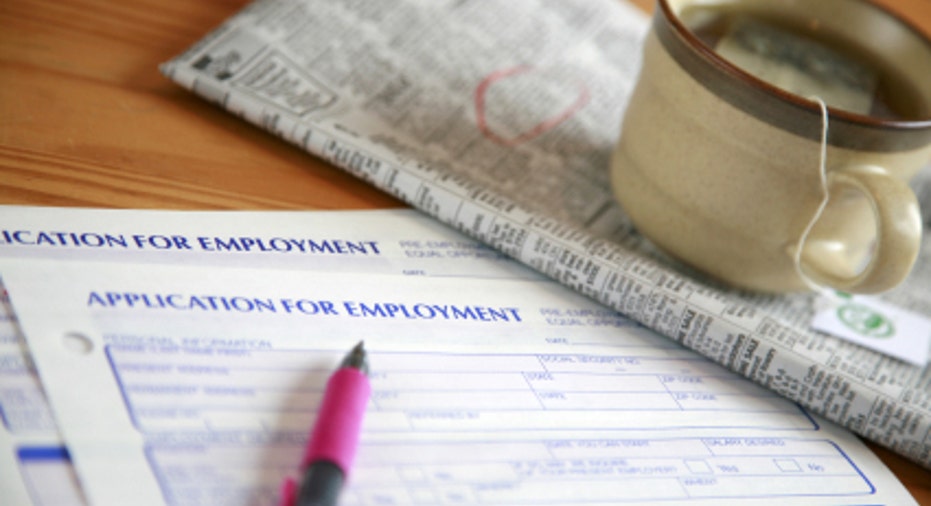Where Unemployment Is Most Deadly

Unemployed workers in the United States have a greater risk of death than some of their foreign peers, according to new research.
A study conducted by researchers at the University of British Columbia found that low- and medium-skilled workers in the U.S. are at a greater risk of death if they lose their job than their German counterparts, who have access to more robust employment protections and insurance.
The study revealed that 75 percent of out-of-work German employees received unemployment compensation, compared with just 19 percent of U.S. workers.
While researchers found an increased danger of dying for all unemployed workers, the relative risk was higher for U.S. workers in almost all situations. Unemployed minimum- and medium-skilled Americans were more than seven times more likely to die than employed high-skilled Americans or Germans.
"Employment insurance makes a difference to the health of the most vulnerable populations, low-wage and poorly educated workers," said Chris McLeod, the study's lead researcher. "For low-wage and poorly educated workers, it's not just about losing your job, but losing your job and being at the bottom of the labor market."
Though the U.S. and Germany have the world's two most successful economies, the two countries differ significantly in their employment policies, according to the research. Germany, a coordinated market economy, has high levels of both employment protection, such as restrictions on firing employees, and unemployment protection, including unemployment benefits. The U.S., a liberal market economy, has low levels of employment and unemployment protection.
[10 Job Search Websites You Don't Know About]
"It is important that we recognize how changes to employment and unemployment protections could inadvertently affect the health of the most vulnerable populations," McLeod said.
The study, published online earlier this month in the American Journal of Public Health, was based on comparisons of mortality rates of unemployed minimum-, medium- and high-skilled workers in Germany and the U.S. between 1984 and 2005.
In a second study published earlier this year in the Annual Review of Public Health, the researchers, along with Harvard University professor Peter Hall, examined policies that could help mediate health inequalities among workers.
The researchers found that broader employment and social policies that included training and education opportunities, employment security, access to housing and welfare and benefits to low-income families were important social protections.
"The wear and tear of daily life is important to everyone's health," said Hall. "As these findings show, social policy matters not only to people's well-being but to the very length of their lives."
Follow Chad Brooks on Twitter @cbrooks76 or BusinessNewsDaily @BNDarticles. We're also on Facebook & Google+.
- 24 Things Not to Put on Your Resume
- 10 Personality Types Most Likely to Get Hired
- 10 Foolish Résumé Mistakes That Could Cost You the Job
Copyright 2012 BusinessNewsDaily, a TechMediaNetwork company. All rights reserved. This material may not be published, broadcast, rewritten or redistributed.



















